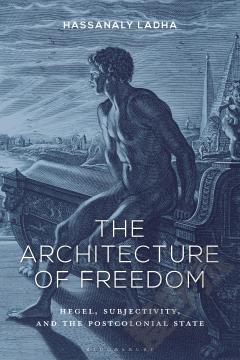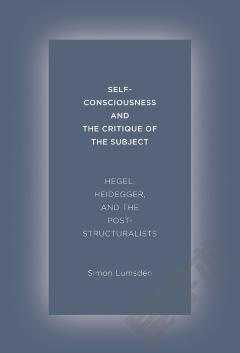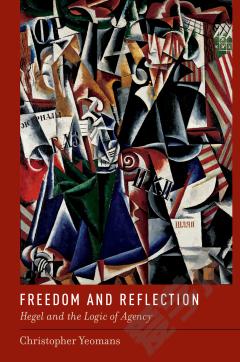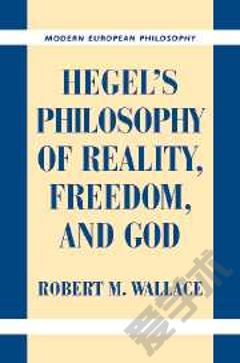The Architecture of Freedom —— Hegel, Subjectivity, and the Postcolonial State
----- 自由的建构:黑格尔、主体性与后殖民国家
Positioned at the intersection of philosophy and African studies, this book identifies Hegel's “Africa” as a fluid, utopic space enabling the traversal of the East-West binary. As Hegel's figure for the non-historical, Africa marks the negativity that propels the movement of the dialectic in time. Mirroring the “shrouded” continent's relation to history, Kantian “architectonics” step out of the realm of logic in Hegelian thought and drive the historical unfolding of the aesthetic. In a foundational move, Hegel hypostatizes the aesthetic entanglement of built and linguistic form as the colossus of Memnon, an African warrior memorialized in ancient architecture, myth, and art. Reaching for freedom, the Memnon marks the architectonic modality through which the African slave, at the telos of history, will fulfill the spiritual promise of the human and bring about the politically mature state. The book examines the syncretic figure of the Memnon and slave across Hegel's lecture courses, the Phenomenology of Spirit, the Encyclopedia, and the Philosophy of Right, offering a new reading of his related theories of language and the aesthetic, mastery and servitude, and subjectivity and the state and calling for a reassessment of these concepts in African studies and other philosophically informed disciplines. This book will be of interest to scholars in philosophy, postcolonial and African studies, political theory, architecture, and historiography.
{{comment.content}}








 京公网安备 11010802027623号
京公网安备 11010802027623号